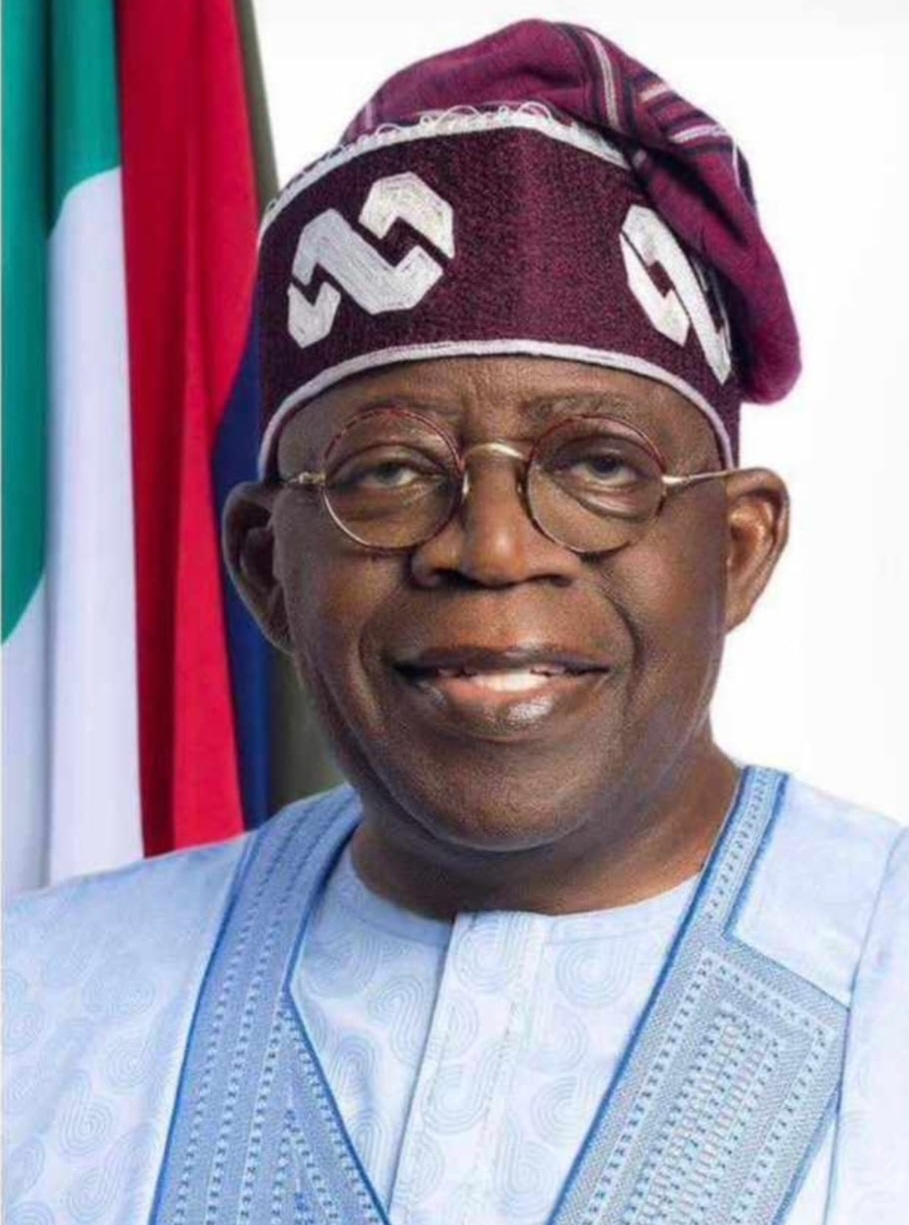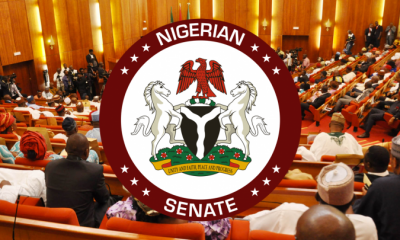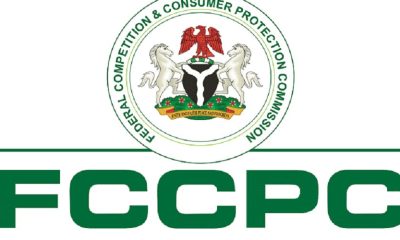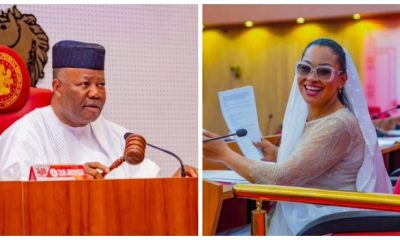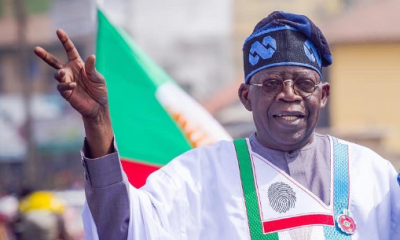President Bola Tinubu has written to the National Assembly, seeking approval of a fresh N1.767 trillion, the equivalent of $2.209 billion as a new external borrowing plan in the 2024 appropriation act.
If approved, the loan will be used to part-finance the deficit of N9.7tn for the 2024 budget.
The president’s request was read by the speaker during plenary on Tuesday.
The president has also forwarded the MTEF/ FSP 2025- 2027 to parliament and the National Social Investment Programme establishment amendment bill, to make the social register the primary tool for the implementation of the federal government’s social welfare programmes.
This is as the Central Bank of Nigeria recently said the Federal Government spent $3.58 billion servicing the country’s foreign debt in the first nine months of 2024.
Data sourced from the Central Bank of Nigeria (CBN) report on international payment statistics showed that the amount represents a 39.77 per cent increase from the $2.56bn spent during the same period in 2023.
According to the report, while the highest monthly debt servicing payment in 2024 occurred in May, amounting to $854.37m, the highest monthly expenditure in 2023 was $641.70m, recorded in July.
The trend in international debt servicing by the CBN highlights the rising cost of debt obligations by Nigeria.
Further breakdown of international debt figures showed that in January 2024, debt servicing costs surged by 398.89 per cent, rising to $560.52m from $112.35m in January 2023. February, however, saw a slight decline of 1.84 per cent, with payments reducing from $288.54m in 2023 to $283.22m in 2024.
March recorded a 31.04 per cent drop in payments, falling to $276.17m from $400.47m in the same period last year. April saw a significant rise of 131.77 per cent, with $215.20m paid in 2024 compared to $92.85m in 2023.
The highest debt servicing payment occurred in May 2024, when $854.37m was spent, reflecting a 286.52 per cent increase compared to $221.05m in May 2023. June, on the other hand, saw a 6.51 per cent decline, with $50.82m paid in 2024, down from $54.36m in 2023.
July 2024 recorded a 15.48 per cent reduction, with payments dropping to $542.50m from $641.70m in July 2023. In August, there was another decline of 9.69 per cent, as $279.95m was paid compared to $309.96m in 2023. However, September 2024 saw a 17.49 per cent increase, with payments rising to $515.81m from $439.06m in the same month last year.
Given rising exchange rates, the data raises concerns about the growing pressure of Nigeria’s foreign debt obligations.
The total debts of the 36 states in Nigeria rose to N11.47tn as of June 30, 2024, despite allocations by the Federal Accounts Allocation Committee (FAAC), and their respective internally generated revenues (IGR).
An analysis of data from the public debt reports released by the Debt Management Office (DMO) said the rise was 14.57 per cent higher than the N10.01tn recorded in December 2023.
External debt for the states and the Federal Capital Territory also climbed from $4.61bn to $4.89bn within the period under review.
In naira terms, the debts increased by 73.46 per cent, from N4.15tn to N7.2tn, following the devaluation of the naira from N899.39/$1 in December 2023 to N1,470.19/$1 by June 2024.




